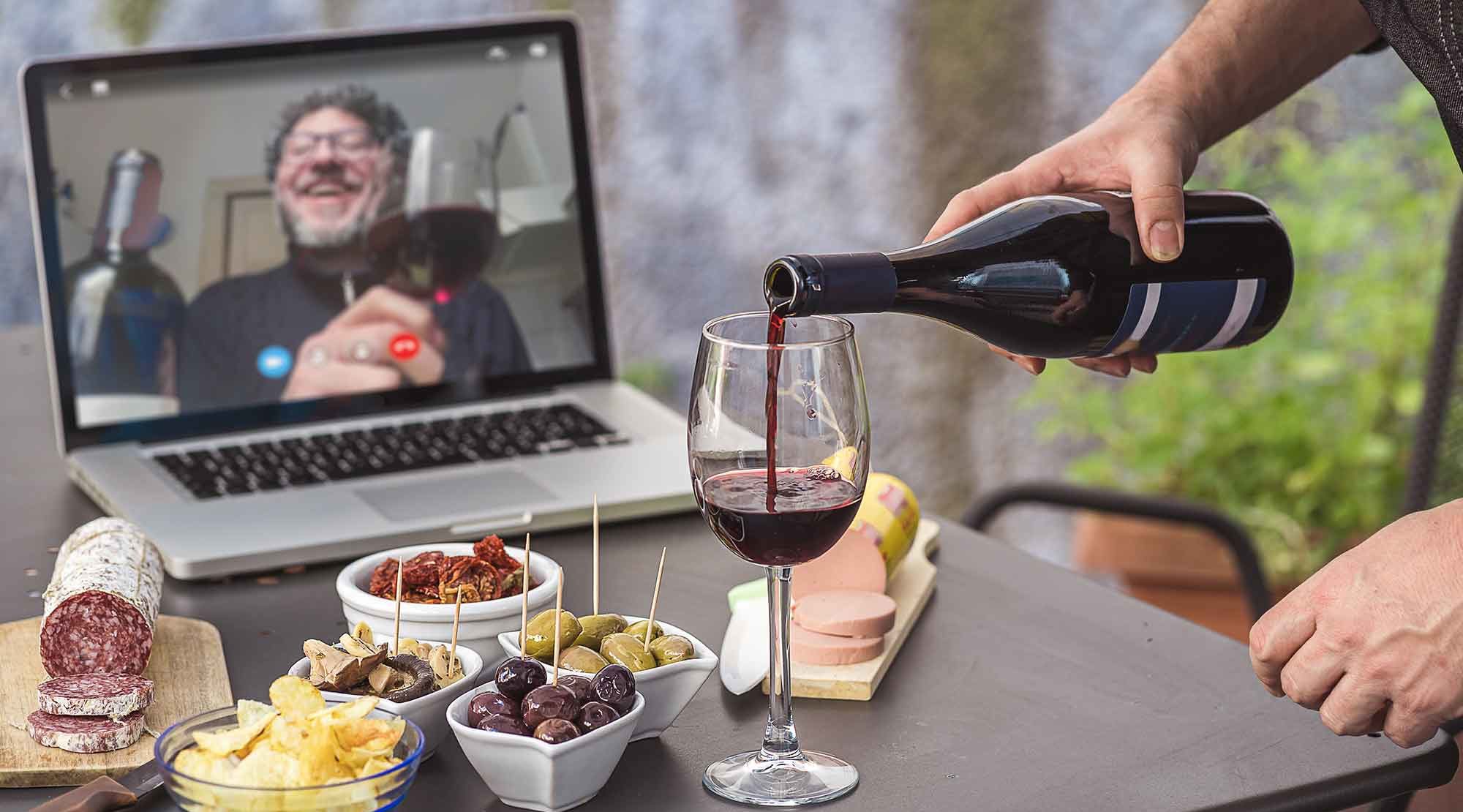 As patients start coming back to dental practices, Elizabeth Offen looks at how their oral health may have changed and why now might be a good opportunity to influence a change in habits.
As patients start coming back to dental practices, Elizabeth Offen looks at how their oral health may have changed and why now might be a good opportunity to influence a change in habits.
It is undeniable that the COVID-19 pandemic has had significant effects. The lockdown environment has altered our daily routines, including our dietary habits. For many, these changes are an opportunity to form new healthy habits.
The topic of health and wellbeing has received a lot of attention amongst the pandemic. During this period, and moving forward, patients may require our support and guidance more than ever. By taking the opportunity to educate patients whilst they are more receptive to our advice, we can support them in forming long-term healthy lifestyle choices.
This article explores the impact of the lockdown diet and our responsibilities as general dental practitioners
Food habits
Since lockdown began, 36% of the population report an increase in snacking behaviour. Perhaps this is not surprising; working from home allows easy access to food and evening boredom encourages snacking.
Results from a survey conducted by Kings College London show that over half of the population have felt more anxious or depressed during lockdown. Consequently, comfort eating is likely to increase. With people choosing foods with a higher sugar content in an attempt to boost their mood (Devonport, Nicholls and Fullerton, 2019). Spikes in blood sugar levels encourage a cycle of snacking that can be difficult to break (Devonport, Nicholls and Fullerton, 2019). If these habits persist, we could see an increase in dental caries.
Lockdown is likely to have a significant impact on children’s diets too. Many children drink water at school and have allotted snack times. Disruption to this routine will have a knock-on effect. Parents may find themselves under more pressure to resist their children’s demand for sweet treats throughout the day. The oral health consequences of these pressures are greater the longer that lockdown lasts.
Despite these challenges, the lockdown diet has also prompted some positive behavioural changes. Around 57% of people admit they value food more. One third of people have been cooking more from scratch. Drivers for these changes may include more time at home. Also, a desire to develop healthy habits and supermarket shortages remind us to appreciate the value of food. The increase in home cooked meals is likely to result in healthier diets with less hidden sugars for the whole family.
Alcohol habits
Alcohol sales rose sharply as lockdown began. But are people drinking more? The results show a divide.
A third of the population say they have reduced their alcohol intake. Perhaps this is because the social restrictions have resulted in fewer opportunities and less social pressure to drink.
In contrast, 8.6 million adults (21% of adults) find they are drinking more frequently. The reasons for this are multifactorial. Some people may find they are drinking more in response to increased anxiety levels. Boredom may play a role. For others it may be a way to unwind from work, which has become more difficult now that millions are working from home. Or perhaps the novelty of being able to enjoy a glass of wine without traveling to work the following day has developed into a habit.
Of concern, 15% of drinkers were consuming more units per drinking session.
Long-term impacts
In isolation, these changes may seem inconsequential. It is possible that peoples’ behaviour may revert, as life becomes more ‘normal’ again.
However, lockdown may persist long enough for those habits to become ingrained. If snacking and alcohol habits persist, we may see an increase in the prevalence of caries, tooth wear and oral cancer in the future.
What can we do?
It is well established that habits are difficult to modify (Yevlahova and Satur, 2009). But with so many changes occurring, this turbulent environment provides a unique opportunity, whereby the public may be more receptive to our oral health advice.
Under the current circumstances, it is difficult to have personal discussions providing tailored preventative advice. However, that shouldn’t deter us from promoting oral health. For example, this time could be used to update your practice website with guidance on healthy eating, alcohol consumption and how to look after your child’s teeth.
Once we can see patients for routine examinations, it is important that we place emphasis on discussing diet and alcohol intake. These encounters could be the catalyst that prevents the patient from maintaining their lockdown snacking habits. Or motivates them to reduce their alcohol intake. In addition to preventative advice, we must continue to screen for soft tissue abnormalities and educate patients about the links between diet, alcohol and oral cancer.
To conclude, the COVID-19 lockdown has altered our environment and in turn, affected our dietary habits. As a result of these changes, coupled with the current focus on health, patients may be more receptive to our advice. Therefore, we should use this unique opportunity to promote good oral health and dietary practice. In doing so, we can support our patients in forming long-term healthy habits.
References
Devonport TJ, Nicholls W and Fullerton C (2019) A systematic review of the association between emotions and eating behaviour in normal and overweight adult populations. Journal of health psychology 24(1): 3-24
Yevlahova D and Satur J (2009) Models for individual oral health promotion and their effectiveness: a systematic review. Australian Dental Journal 54(3): 190-7


